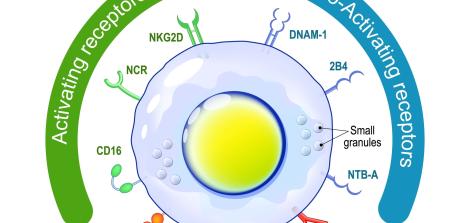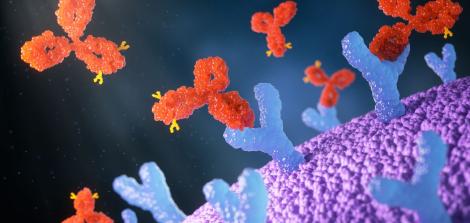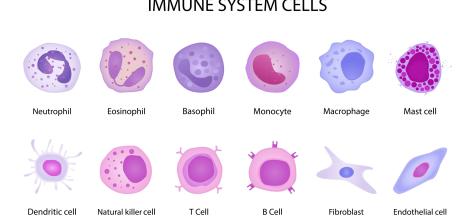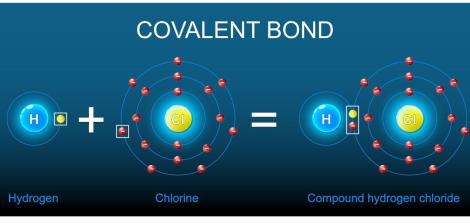WASp Protein
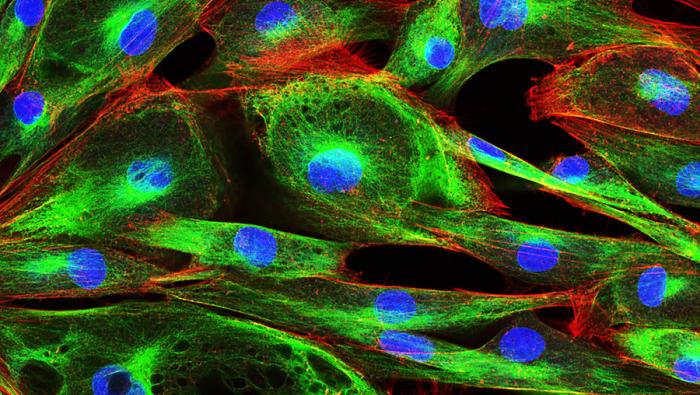
The WASp protein, whose name stands for Wiskott–Aldrich Syndrome protein, is a 502-amino acid protein expressed in cells of the hematopoietic system - the system that produces the various types of blood cells in the bone marrow. This protein is encoded in humans by the WAS gene. The purpose of this protein is to produce and form actin - one of the main cytoskeletal proteins, therefore it plays a crucial role in blood cell development. In cancer cells, this protein maintains a unique structural state called the "open" state as opposed to its inactive “closed” state in healthy cells. In one of the groundbreaking studies sponsored by the Dangoor Center for Personalized Medicine, researchers showed how this mechanism can be utilized as part of an innovative ammunotherapeutic strategy for treating cancer.
Last Updated Date : 22/08/2024




